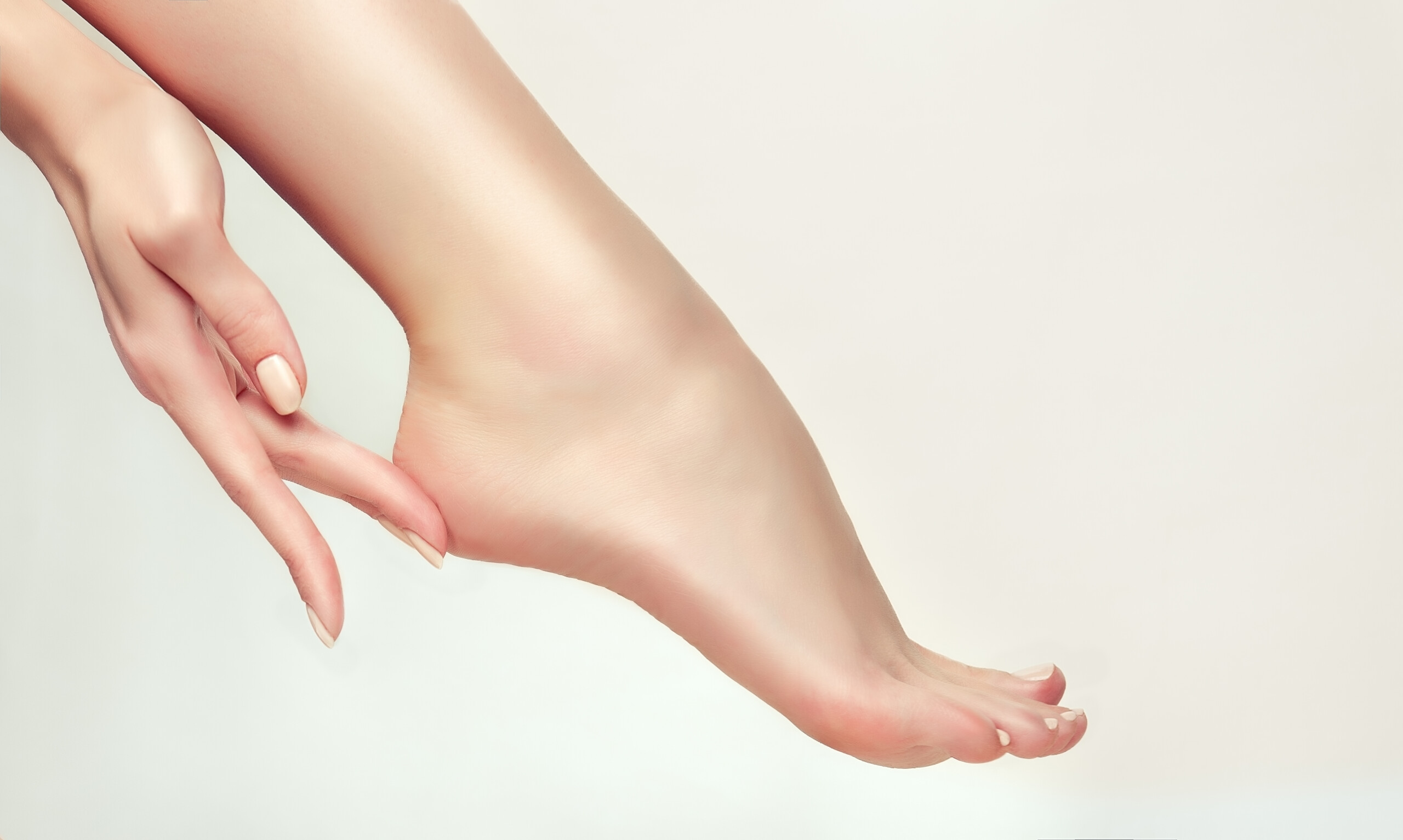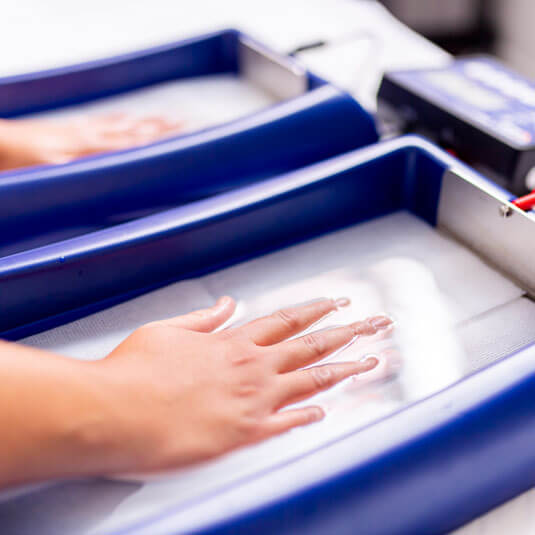How to Stop Sweaty Hands: Professional Dermatology Recommendations for Handling Excessive Sweating
How to Stop Sweaty Hands: Professional Dermatology Recommendations for Handling Excessive Sweating
Blog Article
Recognizing the Origin of Excessive Sweating and Its Effect On Daily Life
While it is commonly recognized as a physiological response to manage body temperature level, the triggers for excessive sweating can vary widely among individuals, including not just physical variables but mental and also emotional components. By delving right into the origin causes of hyperhidrosis and exploring its multifaceted effects, a deeper understanding of this prevalent problem can be acquired, dropping light on the complexities that individuals grappling with too much sweating navigate on an everyday basis.
Physiology of Sweat Glands
The guideline of sweat manufacturing, an important physical procedure, is mainly controlled by the task of gland distributed across the body. Sweat glands are classified into 2 major types: eccrine and apocrine glands. Eccrine glands are the most numerous and are located in nearly all areas of the body. They play a crucial role in thermoregulation by secreting a watery liquid onto the skin's surface area, which vaporizes and helps cool the body down. In contrast, apocrine glands are concentrated in locations rich in hair roots, such as the underarms and groin, and their secretions are thicker and milky in appearance.
When the body temperature level rises, either due to physical activity, heats, or psychological tension, the nerves sets off the sweat glands to generate sweat. This sweat is made up mainly of water and electrolytes like salt and chloride. The procedure of sweat manufacturing is vital for preserving the body's inner temperature within a slim, optimum range, highlighting the crucial function gland play in human physiology.
Triggers for Excessive Sweating
In comprehending the origin triggers of excessive sweating, it is essential to identify the triggers that can lead to this physical response. Physical physical effort, high temperature levels, and spicy foods are likewise known to set off extreme sweating in people vulnerable to this condition.
Furthermore, medications such as some antidepressants, opioids, and certain supplements can also function as triggers for hyperhidrosis. Comprehending these triggers is vital in taking care of too much sweating effectively - How to stop sweaty hands. By identifying and dealing with the specific triggers that prompt extreme sweating in an individual, doctor can create individualized treatment strategies to alleviate this problem and boost the person's high quality of life
Medical Issue Associated
Connected with extreme sweating are different clinical problems that can intensify this physiological action. One common problem is hyperhidrosis, a condition identified by abnormally increased sweating that goes beyond the body's thermoregulatory requirements. This can show up in focal locations like the palms, soles, underarms, or face, affecting an individual's lifestyle due to social shame and discomfort.
In addition, endocrine problems such as hyperthyroidism, diabetic issues, and menopausal hot flashes can additionally cause extreme sweating. Hyperthyroidism causes an overflow of thyroid hormonal agents, increasing metabolic rate and activating sweating. Diabetes can cause sweating episodes, especially throughout hypoglycemic episodes when blood glucose degrees go down too low. Menopausal hot flashes, credited to hormone changes throughout menopause, can create extreme and Treatment for hyperhydrosis of hands abrupt sweating, commonly accompanied by flushing and heart palpitations.
Additionally, infections like endocarditis, hiv, and consumption have been related to night sweats, a typical signs and symptom understood to interrupt rest and impact general well-being. These clinical problems highlight the varied series of underlying elements that can add to too much sweating, necessitating extensive analysis and administration by healthcare specialists.
Psychological and emotional Variables

Influence On Social Communications
Too much sweating can have profound results on an individual's capacity to engage conveniently in social communications. The visible signs of sweat spots or wet patches on garments can lead to shame and self-consciousness, causing individuals to withdraw from social circumstances. This withdrawal can impact connections, restriction social tasks, and hinder personal and professional growth.

Additionally, the anxiety and self-confidence concerns coming from excessive sweating can affect communication and social skills. Individuals might struggle to concentrate on conversations, take part in group activities, or reveal themselves confidently. This can result in feelings of seclusion and isolation, as social links come to be testing to maintain.
Verdict

While it is generally understood as a physical action to manage body temperature, the triggers for too much sweating can vary widely among people, incorporating not only physical variables but additionally emotional and mental components. By diving right into the root creates of hyperhidrosis and discovering its multifaceted results, a deeper understanding of this prevalent issue can be obtained, shedding light on the intricacies that people grappling with extreme sweating browse on an everyday basis.
Physical exertion, high temperatures, and spicy foods are additionally recognized to trigger too much sweating in individuals susceptible to this condition. By recognizing and dealing with the details triggers that trigger too much sweating in a private, health care carriers can create customized therapy plans to relieve this problem and improve the individual's high quality of life.
Extreme sweating can have profound impacts on an individual's ability to involve conveniently in social communications.
Report this page